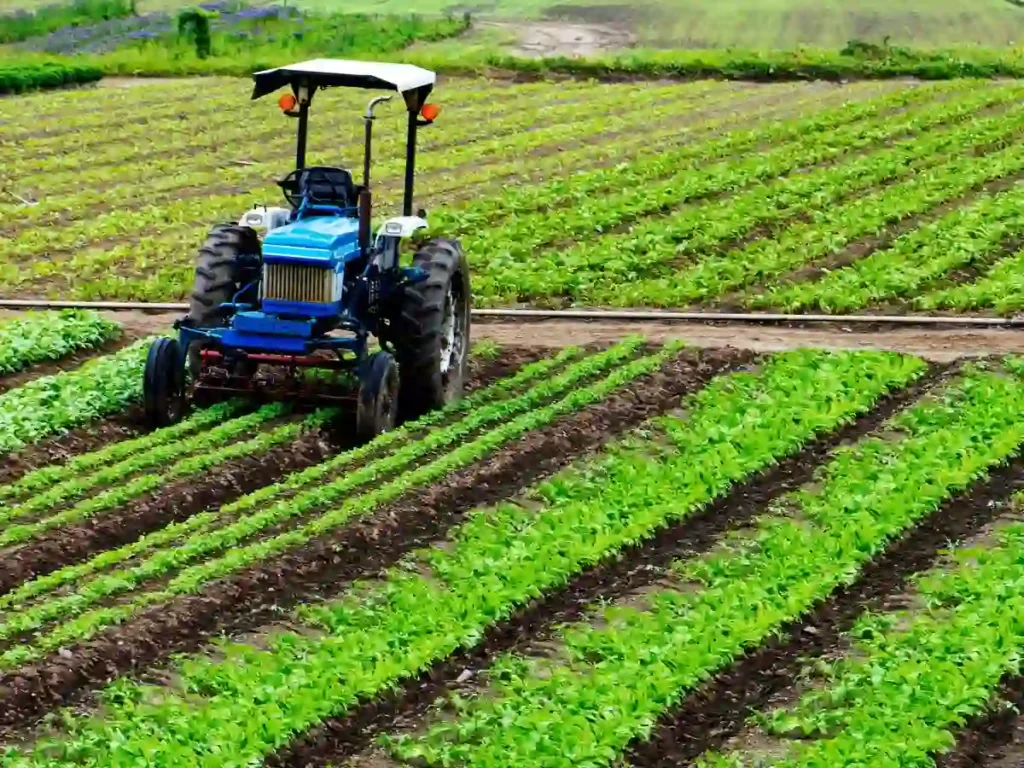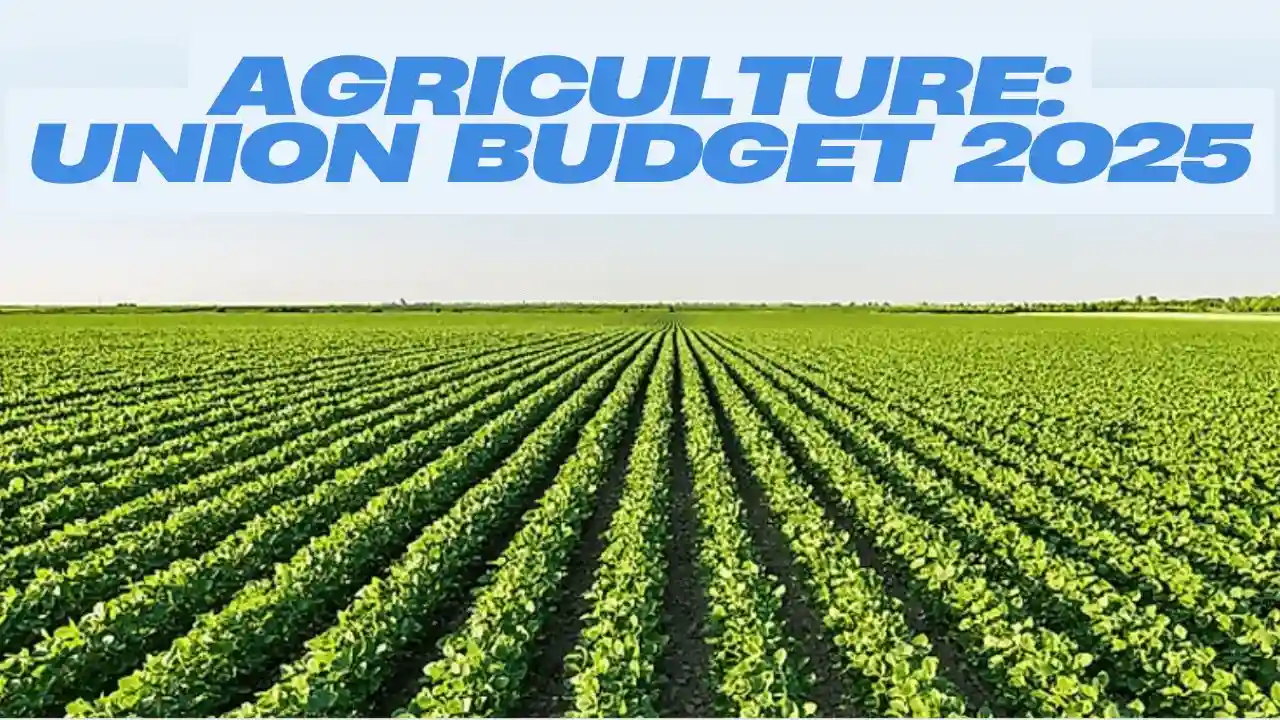Agriculture sector companies expect policy support to boost R&D, FPOs, among others, Union Budget 2025
With the upcoming Union Budget, companies in the agriculture sector are hopeful for policy measures that will drive investment in R&D, infrastructure, seed ecosystems, and sustainable farming practices. Industry leaders are advocating for initiatives to enhance micro-irrigation, promote digital agriculture, empower Farmer Producer Organizations (FPOs), and reform fertiliser policies.
Granting infrastructure status to the micro-irrigation industry is a key demand, as it would significantly reduce operational costs and promote sectoral growth. Randhir Chauhan, Managing Director of Netafim India, highlighted that micro-irrigation, largely driven by MSMEs, covers 95% of the overall agriculture sector. He emphasized the need to integrate renewable energy solutions like solar power with irrigation systems to improve efficiency and reduce costs for farmers.

He also stressed the importance of maintaining the Per Drop More Crop (PDMC) initiative as a standalone program to ensure uniform implementation across states, particularly in water-scarce regions. Furthermore, expanding micro-irrigation into canal command areas and promoting water-efficient crops such as oilseeds and millets could enhance climate resilience and farmer incomes.
Sanjiv Kanwar, Managing Director of Yara South Asia, praised the government’s previous initiatives to support farmers but urged increased investment in yield improvement programs, the seed ecosystem, and digital agriculture. He underscored the need for a balanced approach to fertiliser subsidies and quicker approval for innovative products to promote sustainable agricultural practices.
M K Dhanuka, Chairman of Dhanuka Agritech Ltd, emphasized that rural infrastructure, access to credit, and sustainable farming reforms should be a priority in the Budget. He called for more investment in agricultural research, which remains underfunded, and urged the government to accelerate the adoption of advanced technologies such as drones, AI, IoT, and satellite data. He also stressed the importance of developing irrigation systems, enhancing storage facilities, and strengthening farm-to-market supply chains.
Rajesh Aggarwal, MD of Insecticides (India) Ltd, called for greater incentives for eco-friendly agrochemical research and a Production-Linked Incentive (PLI) scheme for the sector. He also advocated for expanded access to digital tools, which would empower farmers with data-driven insights to improve productivity and food security.
Maninder Singh Nayyar, CEO of CEF Group, highlighted the importance of transitioning from chemical-based to organic farming through incentives, certification subsidies, and better market access. He also proposed encouraging urban farming initiatives to enhance food security and combat air pollution in cities.
Sat Kumar Tomer, Founder and CEO of Satyukt Analytics, stressed the need for greater investment in agri-tech, particularly AI, IoT, and satellite data, to provide farmers with real-time insights. He also called for fiscal incentives for sustainable practices like organic farming and water conservation, along with improved digital connectivity in rural areas. He believes that fostering public-private partnerships and scaling innovative solutions will create a resilient and future-ready agricultural ecosystem.
As the agriculture sector anticipates the Union Budget, industry leaders are aligned in their call for strategic policy support to ensure a more sustainable, technologically advanced, and farmer-centric future.
Source: TheHinduBusinessLine

